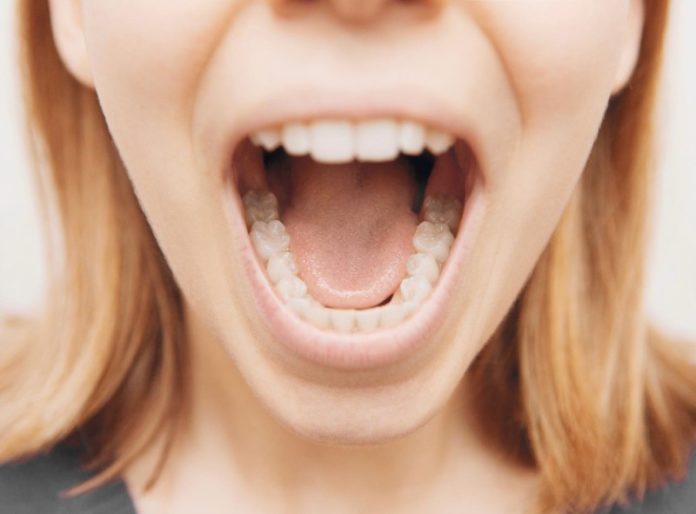Caring for your teeth – and indeed, your whole mouth – is important to your physical and psychological well-being. Sometimes dental extraction is necessary for providing the best oral care for a healthy mouth. Methods include “simple” (just pulling a tooth) and surgical extraction. In fact, tooth extraction is the most common surgical procedure in the country! When is a tooth extraction needed and when is a simple or surgical extraction the right option? Coyne Oral Surgery explains.
Why are Teeth Extracted?
There are a few reasons why teeth need to be removed. The most common instance is overcrowding, meaning you have more teeth than space. Teeth may be extracted prior to braces being put on by an orthodontist. Or you may not have enough room for your wisdom teeth to come in. Other instances may include disease, such as an abscess, infection or impaction, or trauma.
Simple Extraction vs. Surgical Extraction
So how does your oral surgeon determine what kind of extraction to perform? If the tooth sits above the gumline and can be easily removed with forceps, the oral surgeon will do a simple extraction. If the tooth is still below the gumline or impacted (such as unerupted wisdom teeth), has broken down, or has experienced a trauma such as breaking at the gumline, a surgical extraction may be required. If a tooth becomes compromised during a simple extraction, the oral surgeon may have to adapt and switch to a surgical extraction.
Surgical Extraction
If your dentist recommends a surgical extraction of a tooth, know you’re in good hands at Coyne Oral Surgery with advancements in technology and dental techniques. Your safety and comfort are of the utmost importance, both during and after the extraction. Following your oral surgeon’s post-care instructions can help you heal quickly and completely while minimizing complications. Common post-op recommendations may include:
- Rest. Rest your mouth for the first couple of hours after the procedure with no unnecessary talking, drinking or eating.
- Avoid straws, smoking and spitting.
- Soft foods. Take nutrition through soft foods or cold or lukewarm liquids while your mouth is healing.
- Take medications for pain or to prevent infection as required by your dentist.
- Avoid rinsing or brushing the affected site for 12 hours.
These are just a few post-care instructions. Your dentist or oral surgeon will give you an extensive, customized list to facilitate your specific recovery and healing. If you suspect or have been told you need teeth extracted, contact Coyne Oral Surgery for your consultation with our compassionate team.
Have a question for Dr. Coyne? Fill out the form below:



















